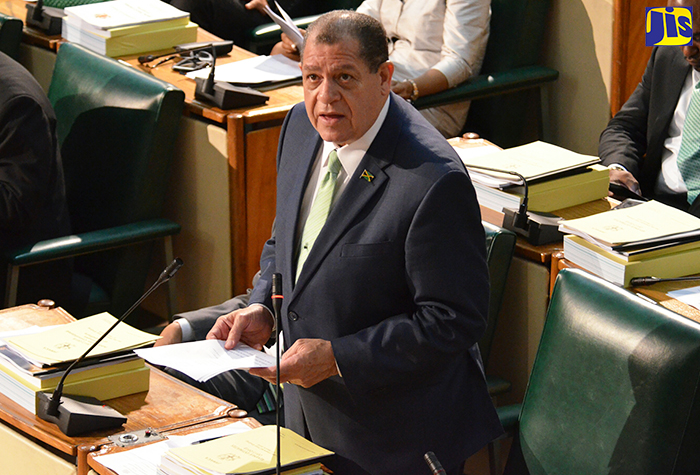The Budget
February 28, 2017The Full Story
The Budget is a document that proposes how much money the Government will allocate to the services it has to carry out and how it intends to collect the money to do so.
The Budget comprises of the recurrent expenditure and the capital expenditure.
The recurrent expenditure covers salaries and wages for government employees, upkeep of offices, factories, warehouses etc., while the capital expenditure contains the amount to be spent on items such as the purchase and upkeep of goods, machinery, school buildings and roads.
The Budget is funded by revenue from taxes, loans, and government owned profit making enterprises.
The Budget is presented by the Minister of Finance who opens the Budget Debate at the start of each financial year.
The Prime Minister and other Ministers then present reports on the work done in different departments of Government under their portfolios and outline plans for the coming financial year. Some members of the Opposition also make presentations in the Budget Debate.
The Debate spans several days and is closed by the Minister of Finance.
After the Debate, the Budget is submitted to the House of Representatives where it is studied and recommendations are made. The House passes an Appropriation Act that allows the Government to follow the presented Budget. The Appropriation Act is then passed to the Senate for approval.
Budget Debates are scheduled to begin on March 9, 2017; you may watch sessions live on the website of the JIS.




